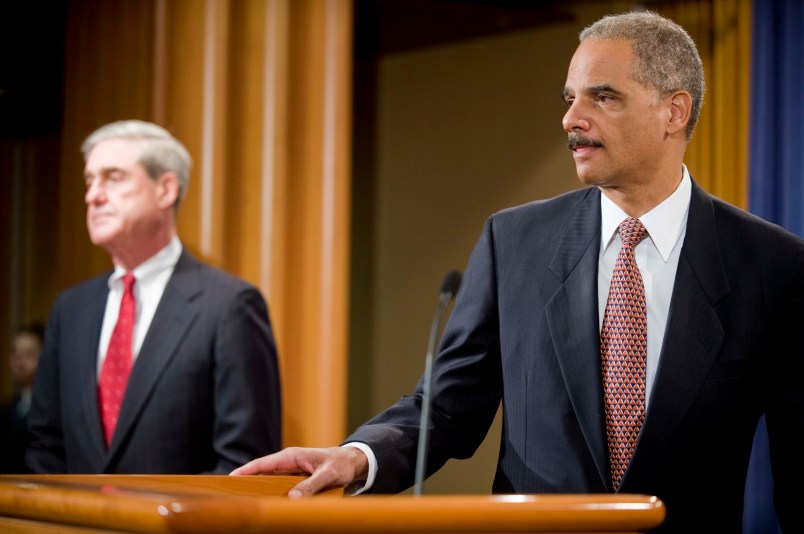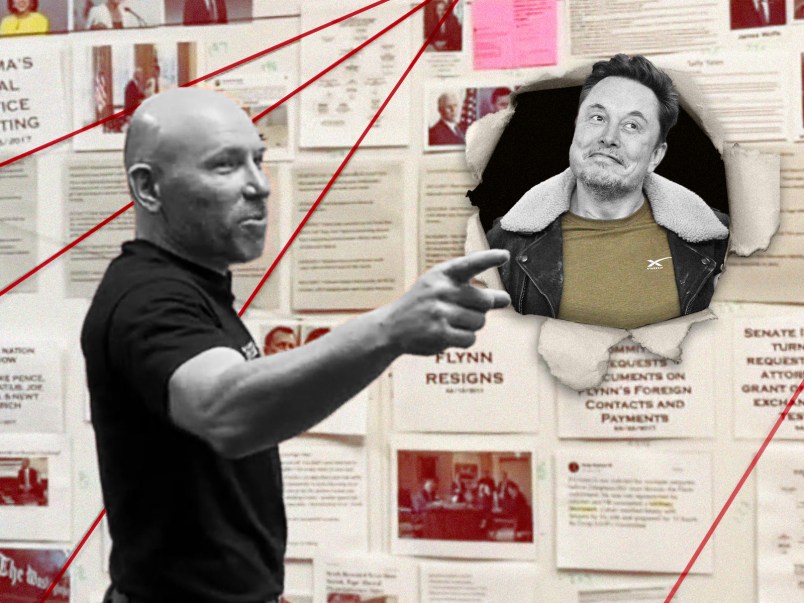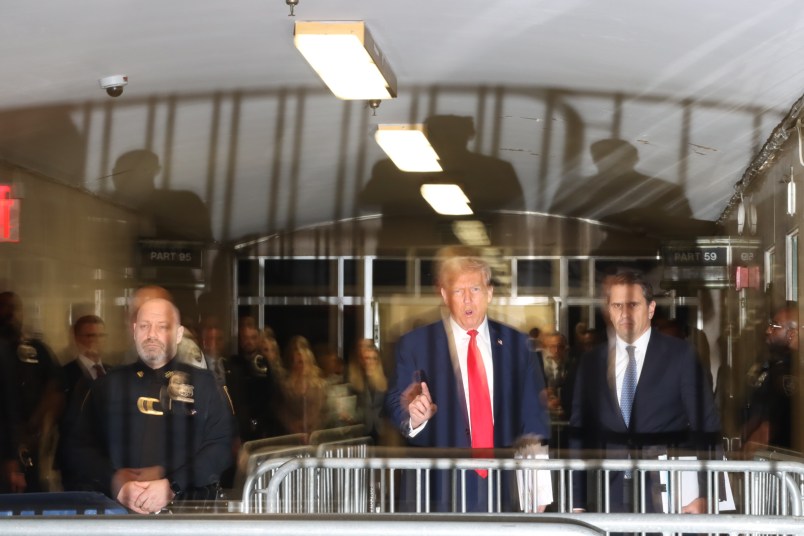WASHINGTON (AP) — The Justice Department on Thursday asked lawyers around the country to help some drug prisoners prepare petitions for clemency, a dramatic expansion of President Barack Obama’s action last month commuting the sentences of eight people he said were serving unduly harsh drug sentences.
In remarks prepared for a speech to the New York State Bar Association, Deputy Attorney General James Cole said there are more low-level, non-violent drug offenders who remain in prison, and who would likely have received a substantially lesser sentence if convicted of the same crimes today.
“This is not fair, and it harms our criminal justice system,” said Cole. “To help correct this, we need to identify these individuals and get well-prepared petitions into the Department of Justice.” The department is trying to identify prisoners in similar circumstances to the eight granted clemency last year so it can recommend them to Obama for clemency, he said.
The federal Bureau of Prisons will begin advising inmates of the opportunity to apply for sentence commutations, Cole said.
Cole said the government is looking to bar associations around the country to help potential clemencycandidates.
Of the eight inmates whose sentences were commuted in December, all were sentenced under old federal guidelines that treated convictions for crack cocaine offenses more harshly than those involving the powder form of the drug.
The president signed the Fair Sentencing Act in 2010 to cut penalties for crack cocaine offenses in order to reduce the disparity. But the act addressed only new cases, not old ones.
Cole said the Justice Department hopes lawyers will help potential candidates with the paperwork needed to review their cases for possible clemency.
He told the lawyers that “you each can play a critical role in this process by providing a qualified petitioner — one who has a clean record in prison, does not present a threat to public safety, and who is facing a life or near-life sentence that is excessive under current law — with the opportunity to get a fresh start.”
Copyright 2014 The Associated Press. All rights reserved. This material may not be published, broadcast, rewritten or redistributed.









